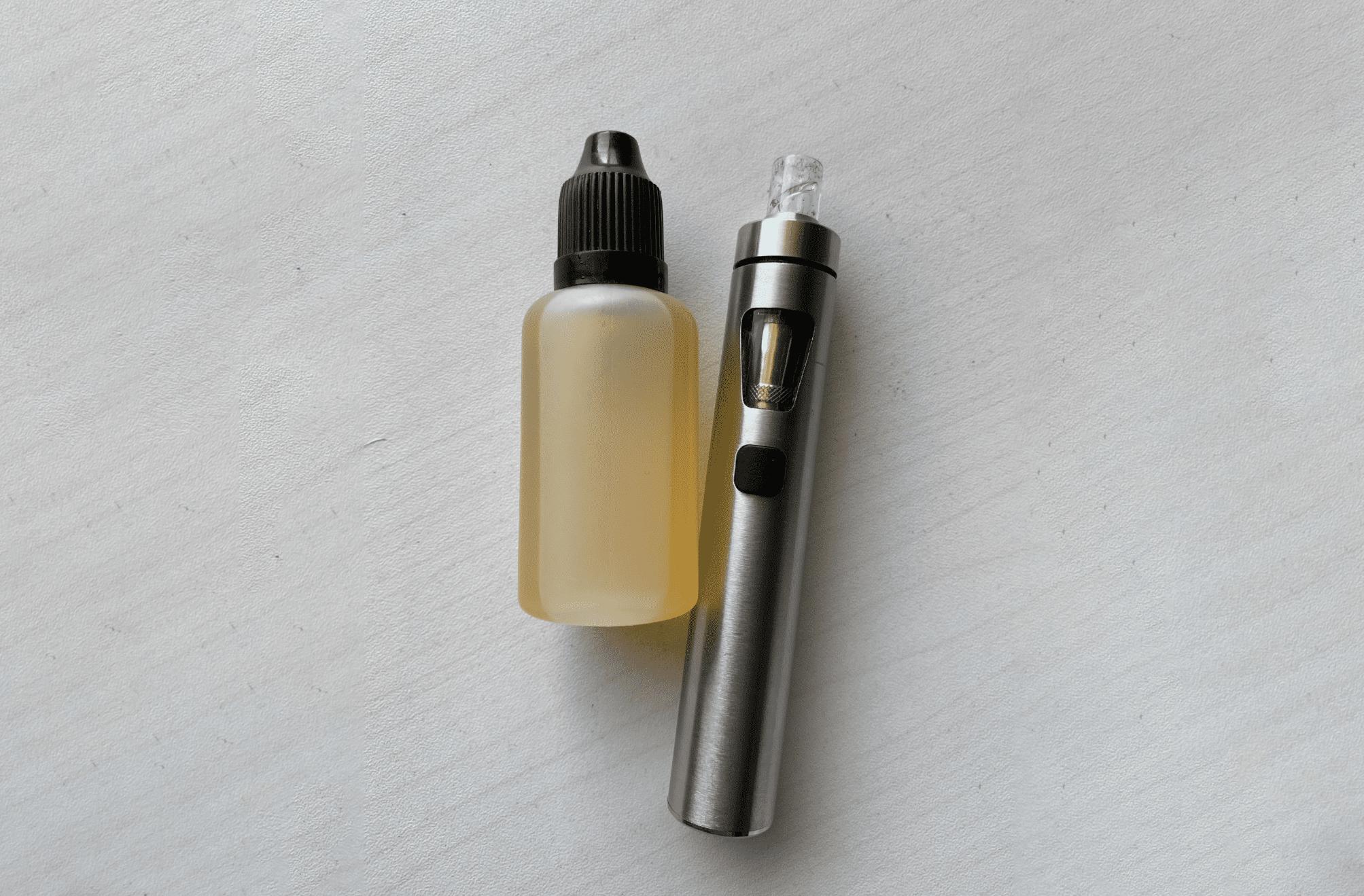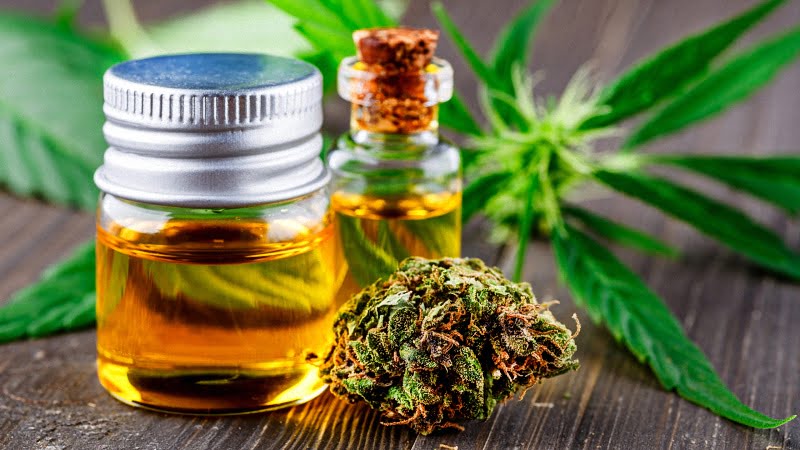
Black-owned health and wellness brands are on a rise. The United States has a long history with racial inequalities. These businesses have the potential to play a vital role in fighting racial prejudice.
It's crucial to ensure you are receiving the support that you need to succeed when you embark on a health and wellness journey. It is important to find Black-owned wellness companies that provide safe spaces for BIPOC (Blacks, Indigenous and People of Color).
These Black-owned wellness brand offer a range products that are extremely beneficial for your skin and are affordable for everyone. These brands are often owned by Black entrepreneurs who are deeply aware of the issues faced by Black communities and are committed to offering healthy solutions that are both effective and affordable.
Shedavi protein powder is vegan and made from organic ingredients. It is also free of gluten, soy and dairy. It is formulated to help you build muscle and lose weight, while also supporting your energy levels, immunity, and overall health.

The brand offers an array of dietary supplements for men and women. It is a favorite of bodybuilders, who use it to help them reach their goals.
Shedavi is a Black owned company with a socially conscious purpose. It was started by Philip Garner, who imagined a natural and plant-based line of skincare that would be affordable to a wide variety of consumers. It can now be found in more than 150 retail stores around the world.
Peak and Valley is a Seattle-based brand that creates adaptogen blends to support your well-being. Their products are all-natural, and are formulated to lift your mood, boost your focus, and nourish your skin.
Golde, a Brooklyn-based firm that creates superfood-rich wellness and beauty products, is located in Brooklyn. Their latte mixes, matcha teas and masks are packed with nutrient-dense ingredients like turmeric, spirulina, and matcha. The nourishing formulas will boost your immune system and complexion.
Transparent & Black aims to heal Black people who have endured intergenerational trauma. You will feel supported and heard through its digital services, which include group meditation sessions and mental check-ins.

GrpFit, an app designed for Black people looking to lose weight and get healthier, is available. You can also access guided workouts and a community feed to share your achievements.
Glamourina is a size-inclusive activewear brand. Glamourina is owned by an African-American woman who is size-inclusive and created the company to empower women of color. The brand is famous for its vibrant colors and style that flatters a wide range of body types.
Although the wellness industry is far from fully inclusive, it is still a long way away from becoming truly inclusive. This is a significant step in the right direction, although there is still much to be done.
FAQ
Is CBD a viable option?
Yes. However, it is not because of its medical benefits. Its ability to make people feel better without feeling high is what makes it so attractive.
The fact that it doesn't make you feel any different when you use it makes it perfect for those who are looking for an alternative to prescription drugs.
We know that cannabis can help with anxiety, depression, pain relief, insomnia, and other conditions, as evidenced by numerous studies.
Cannabinoids are also found in cannabis, which interact with brain receptors. This interaction results in feelings of relaxation as well as well-being.
Cannabidiol (CBD), oil can be used for health purposes. It's therefore important to fully understand its functions and effects.
Which countries produce the highest quality CBD?
The United States is the largest producer of CBD products.
But Canada, Australia, New Zealand, and Israel are also producing high-quality CBD products.
What are the best uses for CBD?
CBD can also be used to treat anxiety. It can also be used for pain relief, epilepsy treatment, inflammation, depression and other conditions.
There are many ways to consume CBD. You can eat foods containing CBD, drink CBD tinctures, vape CBD e-liquids, apply CBD creams and salves, or even put CBD drops under your tongue.
CBD has many health benefits. CBD has been shown to be beneficial for people with chronic pain, anxiety, PTSD, and other conditions.
Is CBD a good idea to invest in?
As people learn more about the benefits of hemp-based products, the market for them continues to grow. According to some estimates, there will be 1 billion dollars worth of hemp-based products in stores by 2022.
The market is expected to continue growing at over 20% per year until 2020 when it reaches $2.5billion.
Hemp oil can be found in many beauty and health products, including lotions, shampoos and lip balms, moisturizers and body butters.
There are many companies that produce CBD-infused foods, snacks, pet food and dog treats.
CBD is legal in all 50 states. However, this could change very soon. CBD will become more widely used as a legal substance in the future. This will allow businesses to be more legally able to do business.
With all these factors in mind it is clear that CBD investing can prove to be a lucrative venture.
Is the CBD market saturated or not?
The CBD industry is experiencing a growth rate of over 25% annually. This growth will continue at least five years. In fact, the industry is projected to grow from $2 billion today to $5 billion by 2020.
The CBD market is currently dominated by two companies - GW Pharmaceuticals and Canndoc Ltd. Both companies have a focus on creating pharmaceutical-grade products. They haven't been very successful so far. Both of them are having difficulty gaining traction in today's marketplace.
Cannabidiol (CBD), an extract from cannabis, contains less than 0.3% THC. It does not have any psychoactive properties. It can be used to treat epilepsy, and other medical conditions. It is also used frequently as a dietary addition.
There are many varieties of CBD products. Some CBD products are made with whole plants extracts, others use CBD isolates.
These products share one common feature: they all contain low levels of THC.
They are thus legal under US federal legislation. You still need to comply with local laws when you sell CBD products. It is important to check the regulations in your state for CBD products.
There are also several states that CBD products are prohibited. These include California. Colorado. Florida. Mississippi. Missouri. New York. North Carolina. Ohio. Oklahoma. Oregon. Rhode Island. South Dakota. Texas. Utah. Virginia. Washington.
You will want to stay clear of CBD products if you are from one of these states.
Statistics
- A recent study [161] also found that in vitro CBD treatment (i.e., ≤ 2 h exposure to 10 μM) induced ~40% vasorelaxation in isolated (pre-constricted) (ncbi.nlm.nih.gov)
- HR −16 mmHg; 95% CI −26, −6; I2 = 92%) (ncbi.nlm.nih.gov)
- While the primary injury may not be treatable, interventions that attenuate secondary sequelae are likely to be of benefit [203].Only one study (ncbi.nlm.nih.gov)
- As a substance that was federally illegal before the passage of the 2018 Farm Bill, hemp-derived cannabinoids with no more than 0.3% THC still face a regulatory grey area. (forbes.com)
- The inhibition of FAAH is predicted to lead to an increase in brain and plasma concentrations of AEA, which acts as a partial agonist at CB1R and CB2R, thereby increasing endocannabinoid tone [92, 110]. (ncbi.nlm.nih.gov)
External Links
How To
What are the common issues in the CBD industry?
The current market for CBD-based products is expanding at a phenomenal rate. But, businesses who want to enter this market still face numerous challenges. These include lack of consumer awareness and high costs of entry, limited capital access, and regulatory uncertainty.
Many consumers don't understand what CBD is and how it works. This means that consumers are unable make informed decisions about purchasing CBD products.
Many CBD companies depend heavily on word of mouth marketing. This is expensive because it requires paying for advertising and hiring staff to promote their brand.
Another issue for new entrants is the high cost production. The raw materials needed to create CBD products are quite expensive. To make CBD oil, hemp must be grown in certain climates and soil types.
To grow enough hemp for CBD oil production, it costs approximately $1,000 per acre. Many small farmers are unable or unwilling to invest in this product.
Another challenge new entrants face in the CBD market is the lack of access to capital. Many people who want to start a business are discouraged by banks due to the stigma associated with the industry.
Last but not least, there is regulatory uncertainty regarding the sale and distribution of CBD products. There are currently not clear guidelines as to how CBD products should marketing.
While some states have passed legislation restricting CBD products' sale, it has not been adopted as a national policy.
Only Nevada, Maine, and Nevada have legalized recreational pot.
Massachusetts and Michigan have considered similar measures.
These changes could mean that CBD manufacturers will be more competitive.
These factors lead to many entrepreneurs choosing to work from their home instead of starting a physical company.